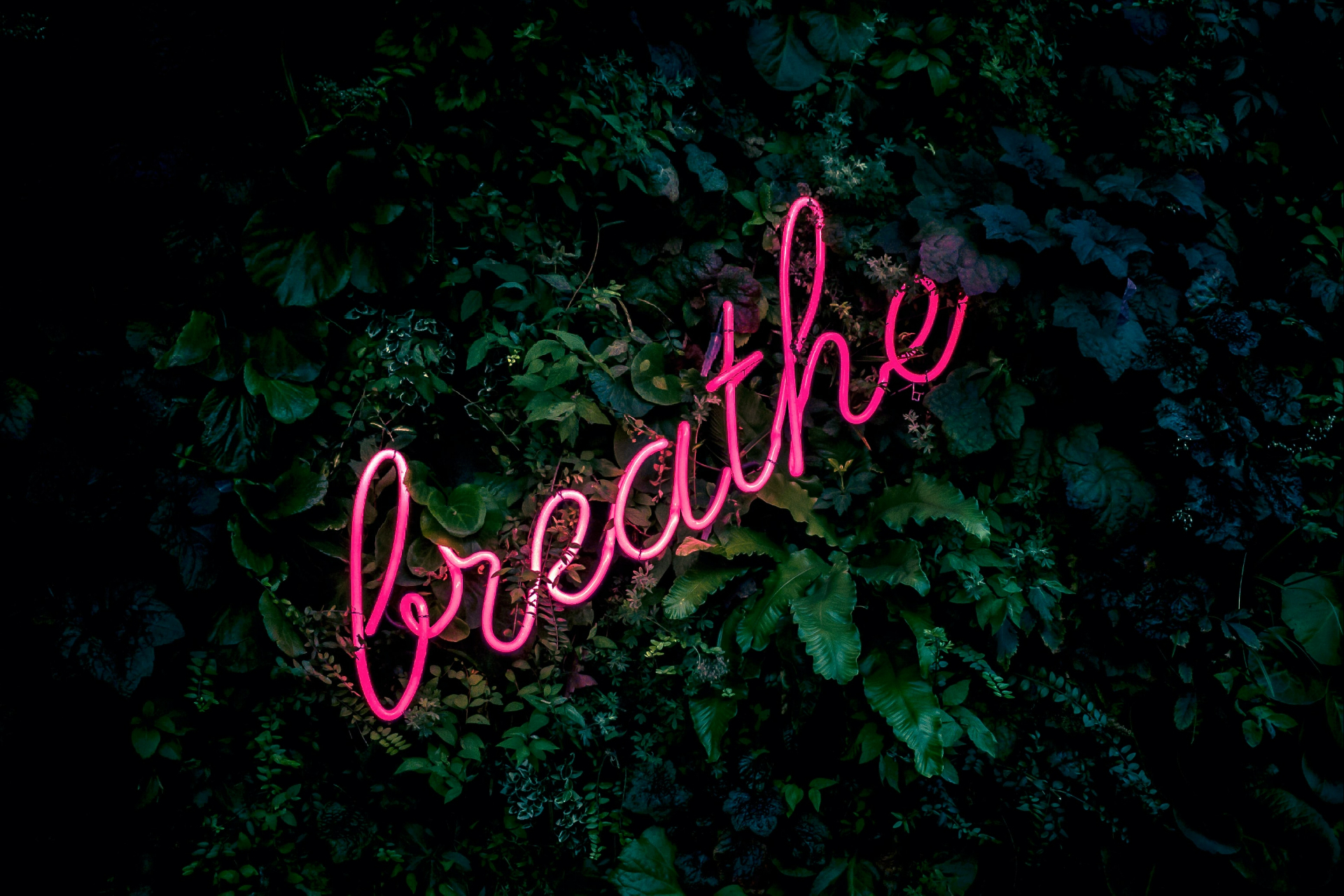Combat the Blue Monday Blues

The third Monday in January has been dubbed Blue Monday and is considered one of the most depressing days of the year.
If you’re feeling particularly low, you might be feeling the Blue Monday Blues and here’s why: The glitz and glamour of the holidays is gone, it’s cold and dark outside, credit card bills are due, we’re lonely and isolated, we’re way too aware that it’s halfway through January and we haven’t chipped away at our resolutions, and the summer and sunshine seem so far away.
Fortunately, with knowledge comes power. You now know where that low energy is coming from and you’re about to find out what you can do about it.
Check out these 5 tips to combatting Blue Monday.
1) Find Time for the Things You Enjoy
When we’re hungry, we don’t just sit on our couch expecting to feel full. We get up and we make something, we go grocery shopping, or we order in. We work to create that feeling of fullness.
For some reason, when it comes to feeling happy, we don’t apply the same rules. The reality is that if we want to be happy, we need to create happiness – It will not magically appear.
Take a minute to consider the different things that bring you joy – even if you haven’t done them in years, what are they?
 They don’t have to be big – every day things count such as cuddling up with a book or pet, trying a new recipe, calling a friend, working on a puzzle, organizing your closet, getting all done up, taking a bubble bath, trying a new restaurant, savoring a favorite beverage, waking up early to watch the sunrise, going for a long drive, teaching your pet a trick, dancing to your favorite song. The list is endless.
They don’t have to be big – every day things count such as cuddling up with a book or pet, trying a new recipe, calling a friend, working on a puzzle, organizing your closet, getting all done up, taking a bubble bath, trying a new restaurant, savoring a favorite beverage, waking up early to watch the sunrise, going for a long drive, teaching your pet a trick, dancing to your favorite song. The list is endless.
Start infusing your day with little burst of happiness and don’t stop – make this part of your routine.
Challenge the voice that says you don’t have the time or that there are more important things to do instead, research shows that by focusing on happiness first, you actually become more productive.
https://www.ox.ac.uk/news/2019-10-24-happy-workers-are-13-more-productive
2) Get Outside
 Spending time in nature has been shown to have a positive impact on our emotional and physical health.
Spending time in nature has been shown to have a positive impact on our emotional and physical health.
Some benefits include:
- Increased feelings of happiness and calm (attributed to increased endorphin levels and dopamine production)
- Reduced symptoms of anxiety and depression,
- Greater connection with others
- Lowered blood pressure and reduced cortisol (the stress hormone)
Aim for at least 2 hours outside a week (that’s less than 20 minutes a day!). While outdoors, be present. Put your phone in your pocket and tune into your senses.
For example:
- watch the snow sparkle in the sunshine or watch the birds and squirrels go about their day,
- listen to the blow of wind or crunching snow beneath your feet,
- feel the air on your face and the temperature on your skin,
- take some deep breaths,
- and take in the crisp smell of winter.
Can’t get outside? Watch videos of nature – the effects won’t be as intense as spending the time outdoors, but research says there will still be an impact.
https://www.apa.org/monitor/2020/04/nurtured-nature
https://www.ontarioparks.com/parksblog/mental-health-benefits-outdoors/
3) Get Exercise
 Aerobic exercise such as jogging, swimming, cycling, dancing has been consistently shown to reduce symptoms of anxiety and depression.
Aerobic exercise such as jogging, swimming, cycling, dancing has been consistently shown to reduce symptoms of anxiety and depression.
Exercise is also linked with the following benefits which further enhance mental health:
- Improved sleep,
- increased interest in sex,
- stress relief,
- increased energy and stamina,
- reduced tiredness that can increase mental alertness.
Aim for a minimum of 30 minutes a day for 3-5 days a week. It’s okay to start small – research shows that as little as 10-15 minutes a day can make a difference
https://www.ncbi.nlm.nih.gov/pmc/articles/
https://www.mayoclinic.org/diseases-conditions/depression/in-depth/depression-and-exercise
4) Master your Stress
Stress is basically guaranteed in life. Since it has an immense impact on our mental health, we have to learn how to effectively manage it in order to feel happy.
The good news is that stress management has been heavily researched and there are many many mindfulness and relaxation strategies that can be used to effectively manage stress. We like the ones that work on a physical level because they’re quick and effective. Our favorites are:
Cold Temperature
 When we’re stressed, the sympathetic nervous system activates. This prepares us to fight/flight/freeze/fawn. Using cold temperatures begins to slow our heart rate which activates our parasympathetic nervous system. This lets us rest and brings on a feeling of calm.
When we’re stressed, the sympathetic nervous system activates. This prepares us to fight/flight/freeze/fawn. Using cold temperatures begins to slow our heart rate which activates our parasympathetic nervous system. This lets us rest and brings on a feeling of calm.
Use an ice cube or ice back wrapped in a cloth to protect your skin and place it onto your chest or face for up to 30 seconds at a time. Repeat until you feel a sense of calm.
* Consult with a doctor prior to using this if you have any allergies or sensitivities to cold or if you have problems with your heart or circulation.
Diaphragmic Breathing
When we’re anxious we take quick shallow breaths into our chest. This type of breathing actually activates the sympathetic nervous system and can bring on a state of panic.
The antidote is to take slow, deep breaths into our diaphragm which will again activate the parasympathetic nervous system.
This can be hard at first.
Start by placing one hand on the chest and the other on the diaphragm. Notice which is moving. If it’s both, or if it’s the hand on the chest, begin to slow and deepen the breath while focusing on keeping the hand on the chest still and the hand on the diaphragm rising and falling with each breath.
Think you can benefit from more ways to calm the nervous system? Shanen Smith specializes in somatic therapies and runs a 4-week group focused specifically on calming the nervous system. Learn more about her group, Finding Calm in the body, here.
5) Practice Gratitude
We are all born with a negativity bias – we are prone to seeing the negative in a situation. In a way it’s adaptive, what’s right isn’t a danger, what’s wrong can be.
The problem is that most of the time we don’t need to focus on what’s wrong to survive and doing so gets in the way of a fulfilling life.
When we practice gratitude, we strengthen the positivity muscle in our brains which will help us celebrate successes as they come up and boost our mental health.
There are many ways to practice gratitude, here are two:
1) End each day by writing out three things that you are grateful for.
Try your best not to recycle. For example, don’t write “I’m grateful for my work” each day. Instead, write why on that day you’re grateful for your work. For example, “I’m grateful that Cheryl helped me meet an impossible deadline”, or “I’m grateful for the freedom to work from home so that I can spend more time with my cat”.
Bonus points if you do this with a partner or friend to increase your sense of connection!
2) Write a letter of gratitude to someone in your life and share it with them.
 Not only are you focusing on something great while writing it, you also get the happy boost from seeing the joy you’re bringing to someone else by sharing your gratitude with them.
Not only are you focusing on something great while writing it, you also get the happy boost from seeing the joy you’re bringing to someone else by sharing your gratitude with them.
https://www.health.harvard.edu/healthbeat/giving-thanks-can-make-you-happier
Please know that the Blue Monday blues do not have to stick around forever and that with some directed action and support you can combat them!
If you’re thinking that you might be experiencing more than the Blue Monday Blues, be sure to reach out for support from a professional. Help is available and can help you find freedom from what you’re feeling.
If you’re experiencing thoughts of suicide, Talk Suicide Canada is available 24/7 at 1-833-456-4566 and if you aren’t feeling safe call 911 or visit your local emergency department.




